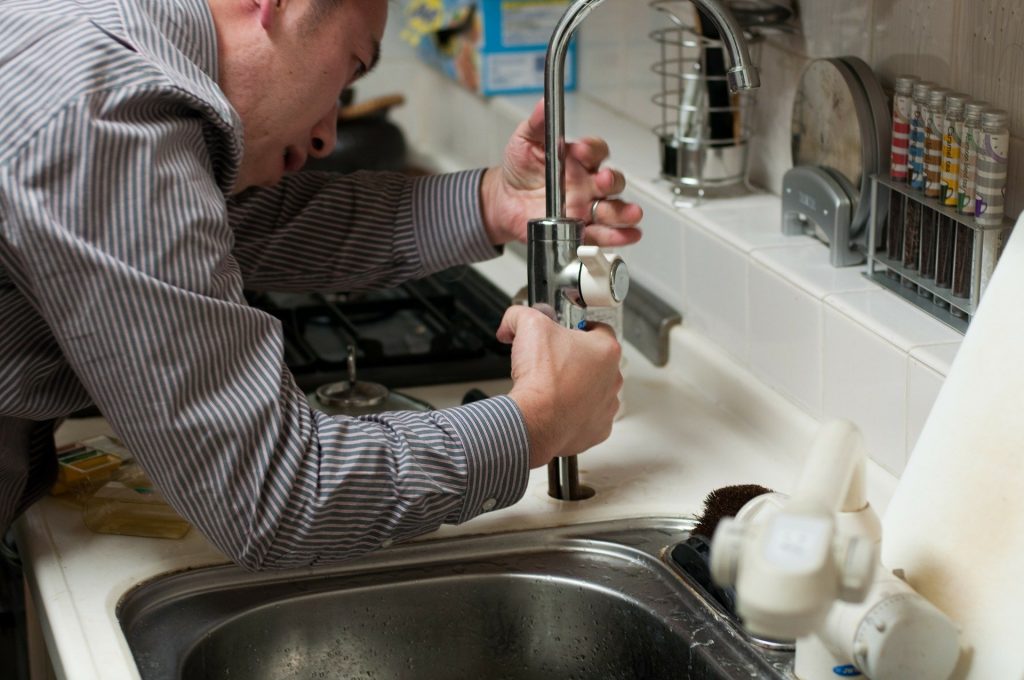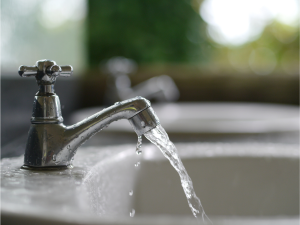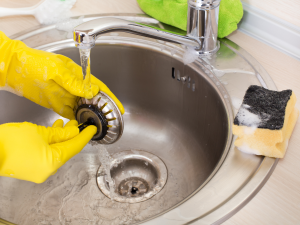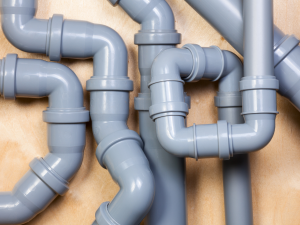Prevention has always been better than cure; no one refutes that. But it’s shocking how homeowners don’t consider scheduling regular maintenance for their home system to prevent disasters and expensive repairs. More so for plumbing systems that are needed every day to enhance living.
Now imagine what a plumbing failure does to your home, whether that’s the tap bringing in fresh water to your shower or bathtub, washing machines, dishwashers, running water to the boiler, and getting rid of wastewater from the sewer system. As you can see, a plumbing system does more than you can imagine when it comes to bettering your life. As such, it should receive the same care to keep it working optimally.
Now, let’s look further into why plumbing maintenance is critical in your home and how often you should schedule it.
Why schedule preventative plumbing maintenance?
Catching problems ahead of time: Most homeowners fail to take preventative maintenance on their plumbing systems because they don’t notice anything wrong with their systems. As long as their plumbing is functioning properly, they’re good to go.
The problem with this approach is that plumbing problems are subtle. They rarely give any alerts until further advanced for you to do anything. A tiny pinhole could be around for months without being noticed. But with scheduled maintenance, a professional plumber will catch the issues before they advance (a pinhole becomes a leak and finally a massive rupture).
Saving thousands in cost: On the surface, you may feel like planned maintenance costs unnecessary money if nothing appears wrong. However, in the long run, the cost-saving pays for itself. Advanced plumbing repairs will cost you significantly more than they would on early detection. For instance, on catching a sewage weak point before it becomes a leak, you’ll save yourself expensive repairs or reflooring.
Saves time: Dealing with a plumbing disaster can be time-consuming. While this may not seem much now, imagine staying for a few weeks for you to use your toilet just because the fixes and installations of new floors are taking more time than planned.
Ensure the plumbing system stays in good shape: Your plumbing may have cost you a fortune, so it’s essential to maintain it in good condition for as long as possible.
Enhance efficiency: A well-maintained plumbing system will have a substantial difference from one that’s hardly maintained. If you want the best experience in your plumbing systems, ensure regular maintenance.
How frequently should plumbing maintenance be done?
Most professional plumbers agree that plumbing maintenance should be done annually. At most, you shouldn’t go for two years without your home’s plumbing system being checked. But as you already know, plumbing is extensive and cut across various systems, unlike other home systems. Besides, they don’t have a specific season when they’re under more pressure. For that reason, it’s difficult to prescribe the best time to schedule the maintenance. The essential part is you maintain consistency in how regular the plumbing system is maintained.
Instances that require more frequent plumbing maintenance
While annual plumbing maintenance is recommended, some instances may call for a more frequent inspection.
Here are a few examples:
Occupying an older house: Older homes are more susceptible to plumbing issues. Few reasons play a part; the first is because of the materials used in the plumbing systems. A home built in the early years, for instance, used steel pipes, which are more prone to corrosion and rust. The deterioration of these materials increases the risk of a disaster, like water bursts, leaks, and lead in water. The plumbing systems need constant attention for any symptom of a problem.
Property that is built near mature trees: A house may have been built when the surrounding trees were young. But after many years, these trees gain strong extensive roots that can slip underneath plumbing and sewer pipes. They can cause leaks, which may be noticed years after their development. This can be very risky for the plumbing systems and the home.
Moving into a new home: Moving into a new home requires a thorough plumbing inspection. For accountability purposes, this should be done by a different inspection company than the home inspector. They would be better placed to notice overlooked elements that would cause issues in the future.
Plumber needs that should be checked during maintenance
During scheduled maintenance, a plumber will often pay close attention to various elements in your system. Here are a few that a professional plumbing inspector can’t miss.
Water pressure: Low water pressure can take the joy out of using plumbing fixtures. But not just the annoyance, it can indicate underlying issues, such as clogging or leaking pipes. Similarly, high water pressure can cause fixture problems, such as the boiler and mineral buildup from hard water. Checking the water pressure will ensure the overall health of your plumbing system.
Possible leaks: Leaks can occur in the most unexpected places. The plumber will check for any leak symptoms in those places.
Water boiler and heating system: The plumber inspects the water heater system to ensure its functioning optimally and has no impending repair needs.
Drainage system inspection: During the maintenance, the plumber cleans out any buildup residue from the most used drains.
Sewer system inspection: This check is essential to ensure the proper flow of the sewage with no danger of blockage. The plumber will also check to ensure there’s no intermixing of sewage and fresh water lines.
Plumbing faucets: The inspection also includes cleaning the faucet aerators and showerheads to ensure high water pressure through the fixtures.
After the scheduled maintenance, always keep an eye for any issues that would indicate the system failure.
Symptoms of plumbing issues are:
- Sudden weird sounds that have surfaced (rattling in pipes and gurgling in your toilet etc.)
- The foul smell of mold, decay, or mildew
- Signs of leaks
- Falling water pressure: This could be a sign of clogged pipes
- Slow drainage
- Higher (unusual spike) in water bills
- Peeling wallpaper and paint in the kitchen, bathroom, walls
- Brown spots on the walls and ceilings
- Constantly clogged toilets
Who should carry out your plumbing maintenance?
Sure, you may do your regular checkups, but a thorough annual plumbing preventive maintenance requires more than that. You need a professional plumbing inspector to carry out a thorough inspection of every element of your plumbing.
Be sure to choose one who has experience handling the kind of inspection you need for your home, whether residential or commercial. You want a plumbing company that is familiar with the fixtures that need an inspection. Besides, they need experience using tools and techniques that deliver high-quality plumbing inspection.
Also, remember, regardless of how well your plumbing is maintained, any issues can arise any day with your plumbing system. With no guarantees that problems won’t occur, you still need a reliable plumbing company who, in addition to handling your scheduled maintenance, can get work done accurately and fast in case of any issues that may arise in your system. Schedule an appointment with a plumbing professional for monthly maintenance








